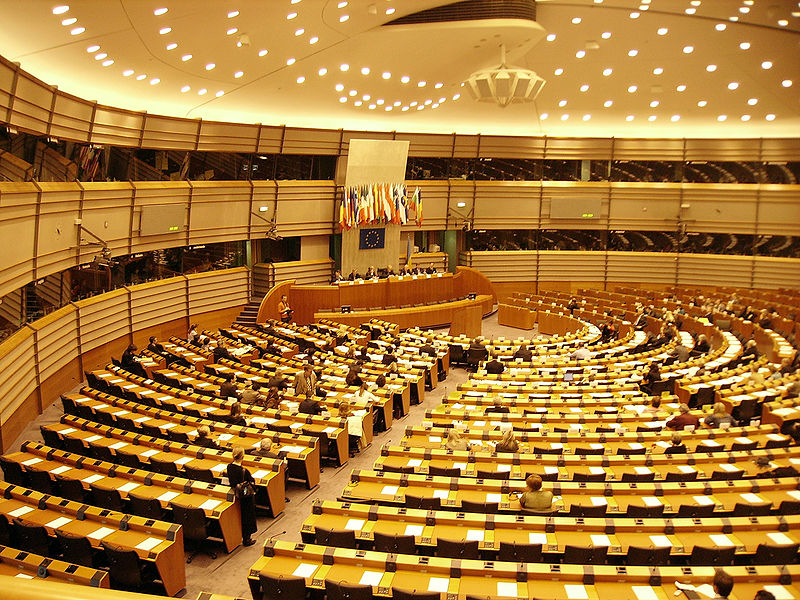European Parliament Holds Conference on Traditional and State Churches in Europe

August 2008 – Brussels
The European Parliament held a conference in Brussels, Belgium, on August 27- 29, 2008, for members of the Parliament. The conference, extending over three days, continued a theme from a similar event held in December 2004, just six months after ten eastern European nations acceded to the Union. Over the intervening years, there has been a resurgence of political influence by Europe’s traditional churches, especially the former monopoly churches. The more than 30 featured speakers and discussants clearly were concerned. The dominant theme across all sessions was that the dream of a European Union where all convictions were equally respected and all were equally free to assemble and propagate their beliefs seemed farther away. Attendance exceeded two hundred people on several occasions across the event. Among the issues discussed were: (1) Pluralism of beliefs—Equality of believers: is it possible? (2) What has happened to the right to freedom from religion as well as freedom of religious choice? (3) How to measure the impact of religious organizations in the political arena? (4) Secularism, religion and ethics in the European Union. (5) Is there an emerging “secular religion” in Italy? (5) The fight to remove the dominant church from control over education and health care in Spain. (6) Believers in public service, public space and public debates. (7) Challenges to training and education for religious choice and independence. Professors Santiago Castellá and Alejandro Torres Gutierrez of Spain presented detailed and impassioned analyses of how money and power were maintained by Spain’s dominant church in spite of constitutional freedom of religion and separation of church and state. Belgian Professor Jean-François Husson detailed the Belgian practice of generous funding for the historically dominant church, minimal funding for half a dozen recognized churches, and impediments and persecution for other faiths, in spite of constitutional guarantees of freedom of religion.